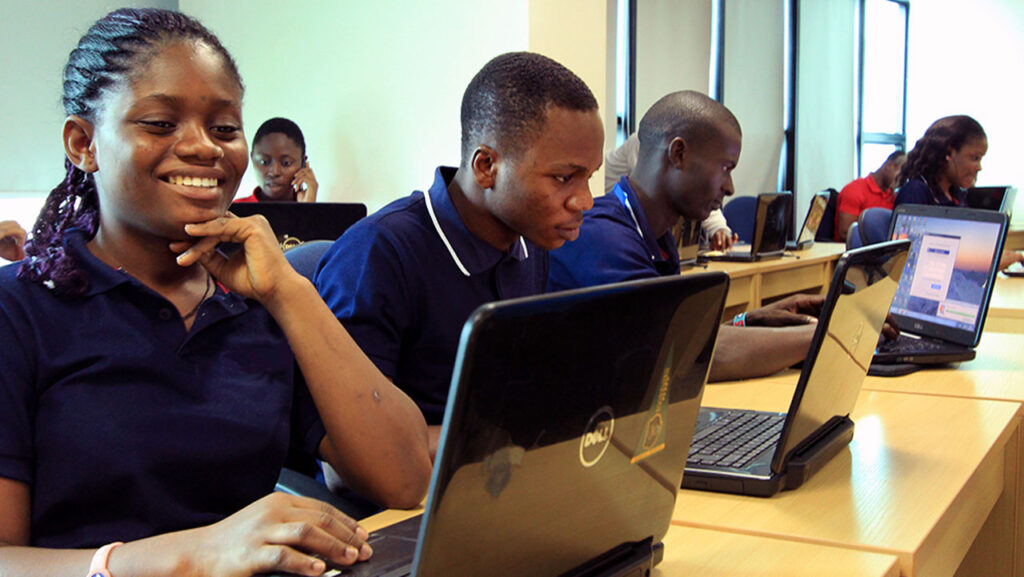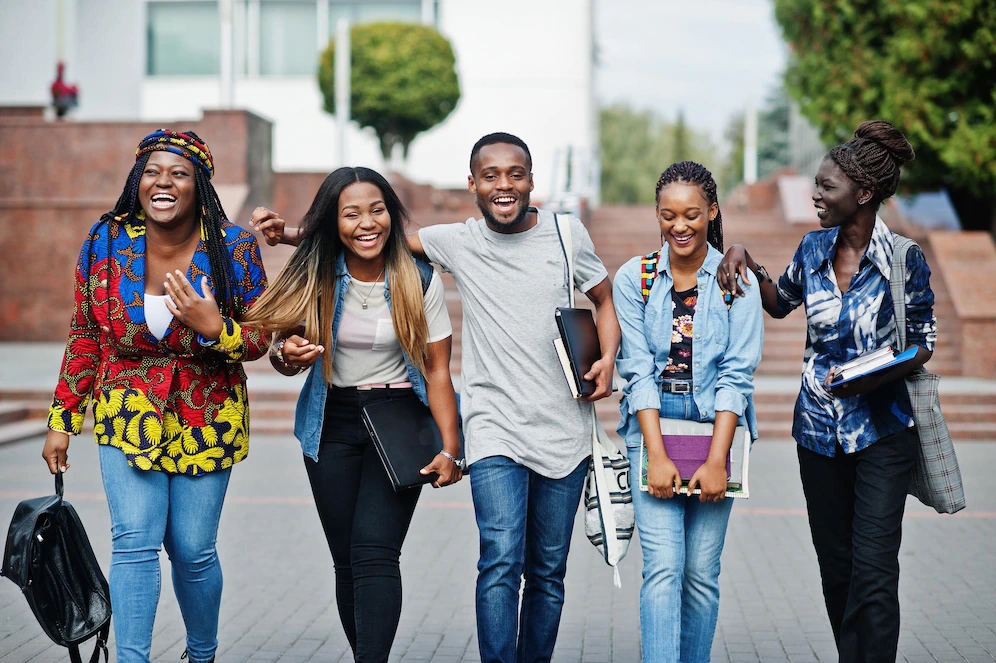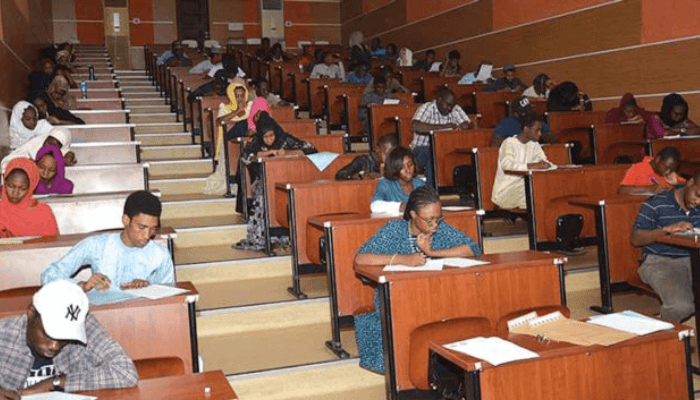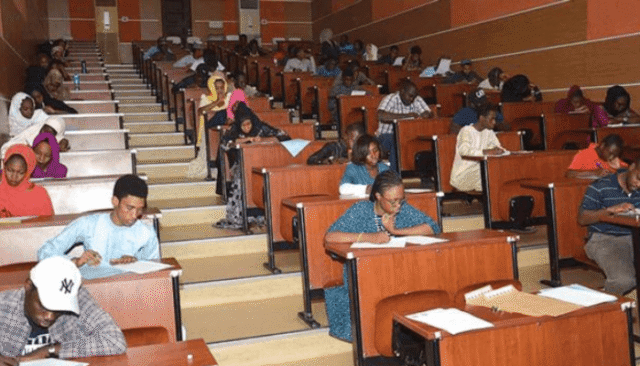As the world collectively inhaled its first post-pandemic breath, classrooms in Nigeria—just like elsewhere—bore the marks of seismic shifts. Both students and educators have paused to reflect on the lasting changes that COVID-19 brought to education.
From Lagos to Kano, the sudden move to online and blended models forced a rethink of teaching and learning. Private schools adapted swiftly, deploying platforms such as Zoom, Google Classroom, Canvas, Microsoft Teams and Edmodo to keep the academic flame alive. Lecturers and students alike grappled with these new tools; many teachers learned them on the fly, while learners navigated limited preparation and frequent distractions. Particularly at junior secondary school level—as seen in Orlu, Imo State—students suffered the brunt, reporting negative learning experiences due to poor readiness and infrastructure gaps. Frontiers.
In many higher institutions, the consequences extended to academic performance: marks were often inflated, partly because assessments became multiple-choice or unmonitored, leading to elevated grades that may not truly reflect understanding. Yet, behind the numbers lie stories of students and educators navigating makeshift learning environments, juggling unstable internet, erratic power supply, and a lack of appropriate gadgets, compounding inequality across socio-economic lines.

Table of Contents
Persistent Challenges: Infrastructure, Inequality, and Mental Well-being
More than two years on, the pandemic’s educational after-shocks still rumble across Nigeria. A key concern remains the stark digital divide. Countless students lacked consistent internet, electricity, or devices necessary for e-learning ― tools far from universal in many homes or schools. Even e-learning initiatives like the Computers for All Nigerians Initiative (CANi), though promising, struggled to ensure pervasiveness and sustainability.
Educators, now hailed as frontline responders in education, faced their own battles. Many experienced psychosocial distress, compounded by low remuneration and unstable income during lockdowns. Upon reopening, this fatigue interfered with both teaching quality and student support—especially for those grappling with anxiety, isolation, or grief. The wider mental-health toll of the pandemic—on students and staff—was no longer a peripheral concern. Stress, loneliness, and disrupted routines remained part of daily reality.

Innovation, Adaptation, and a New Role for Educators
Yet, amid the turbulence, seeds of positive evolution sprouted. Across Nigeria, schools—especially private institutions—began blending virtual tools with in-person teaching. The “A-learn”, CE-Learn, and other platforms emerged as stopgaps, demonstrating the promise of subscription-based virtual schooling widely accessible—conditional on internet access. These innovations highlighted the necessity for resilience through tech-enabled learning, opening new pathways for continuity in emergencies.
One standout example is Nigeria’s KEY Academy, which pivoted decisively during the crisis. Founded just before the pandemic, the school launched “KEY @ Home”, equipping parents with tools to facilitate project-based learning at home via offline resources and video calls. This maintained learning momentum while nurturing critical thinking, creativity, and collaboration—skills less likely to emerge from rote methods.
Experts now foresee a shift away from traditional content delivery towards holistic, competency-based frameworks. There’s a growing consensus that educators must evolve from mere custodians of knowledge to facilitators—guiding learners, encouraging inquiry, and bridging academic concepts with real-world applications. Digital literacy, once a bonus, is fast becoming foundational for both teachers and learners, making ongoing training and infrastructure support non-negotiables.
Looking Ahead: What Students and Experts Are Calling For
As stakeholders converge on schooling’s future, a few recurring themes keep emerging:
- Bridging the Digital Divide
Students and experts alike urge the federal and state governments, alongside private partners, to subsidise data and devices, expand broadband, and ensure consistent power supply. Such support is critical to making e-learning equitable and accessible to all learners—not just the privileged few. - Strengthening Teacher Training and Support
Trainers should equip educators with not just digital skills but also methods to foster interaction, manage virtual classrooms effectively, and reduce distractions. Additionally, teachers need psychological and financial support—especially after the strain of pandemic disruptions. - Reforming Curriculum and Assessment
Experts recommend integrating blended learning into mainstream definitions, adopting alternative assessment modes (projects, oral exams, continuous assessment), and reviewing special education curricula to ensure inclusivity and adaptability in emergencies. - Embedding Mental Health and Resilience Building
The pandemic exposed the need to normalise conversations around emotional wellness. Schools are encouraged to deploy counselling, peer support systems, and safe learning environments to buffer students and educators against future crises.

Conclusion
Students and educators across Nigeria have borne the brunt of a global upheaval. Yet, in their reflections lie lessons: of hardships born not just from disease but from unequal access, strained systems, and unprepared institutions. But alongside these stories are tales of resilience—teachers adapting lesson plans, parents turning into co-educators, and schools like KEY Academy innovating not just for profit, but for purpose.
The changes since the pandemic are not mere variations on a theme—they’re signs of a system forced to reimagine itself. And in that reimagining, students and experts continue to reflect on the long-term shifts shaping how education is delivered, received, and treasured in a post-COVID Nigeria and beyond.
Join Our Social Media Channels:
WhatsApp: NaijaEyes
Facebook: NaijaEyes
Twitter: NaijaEyes
Instagram: NaijaEyes
TikTok: NaijaEyes
READ THE LATEST EDUCATION NEWS





